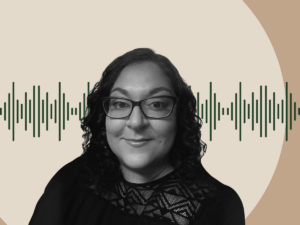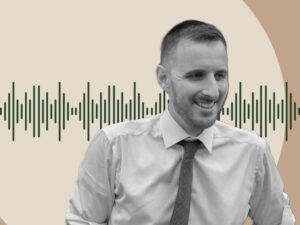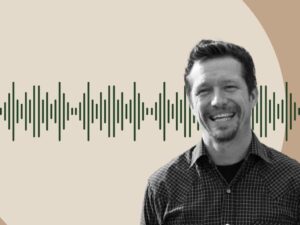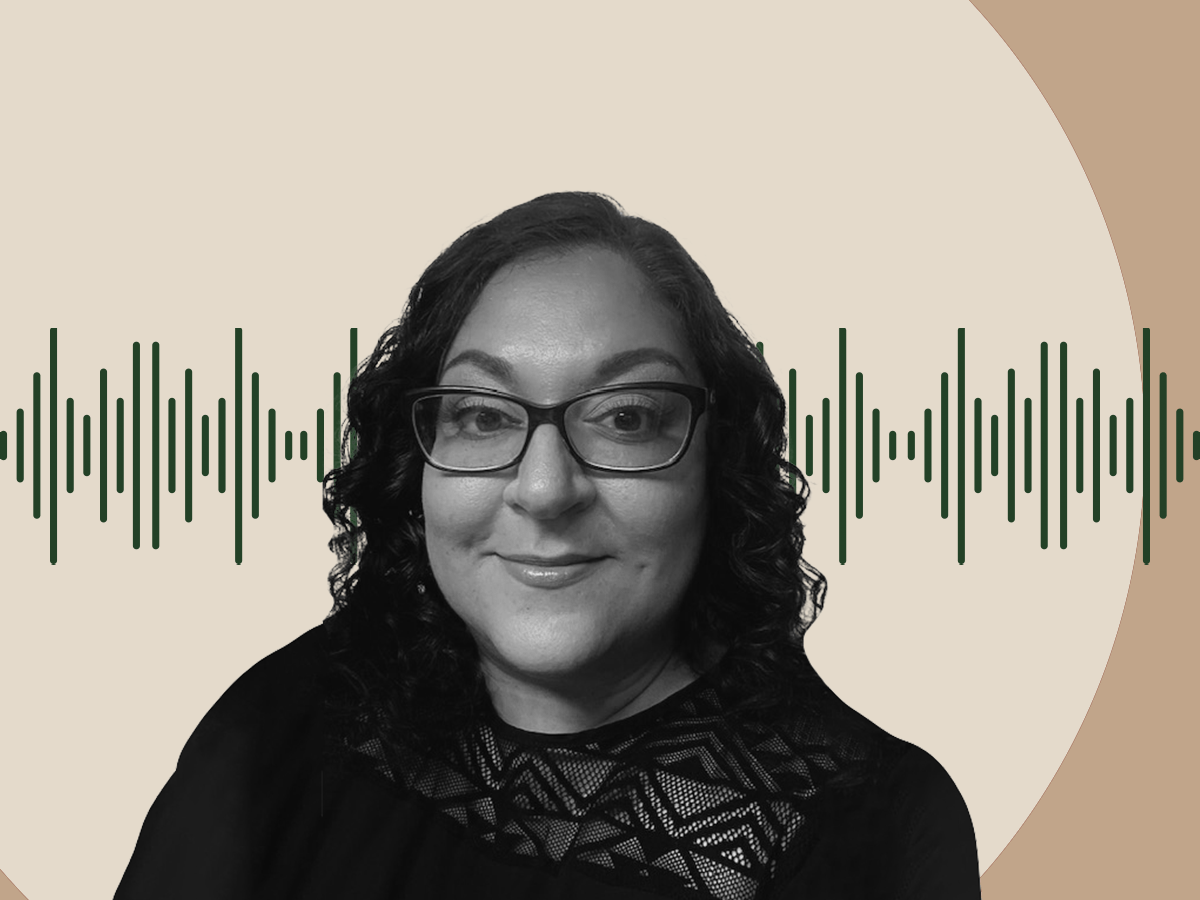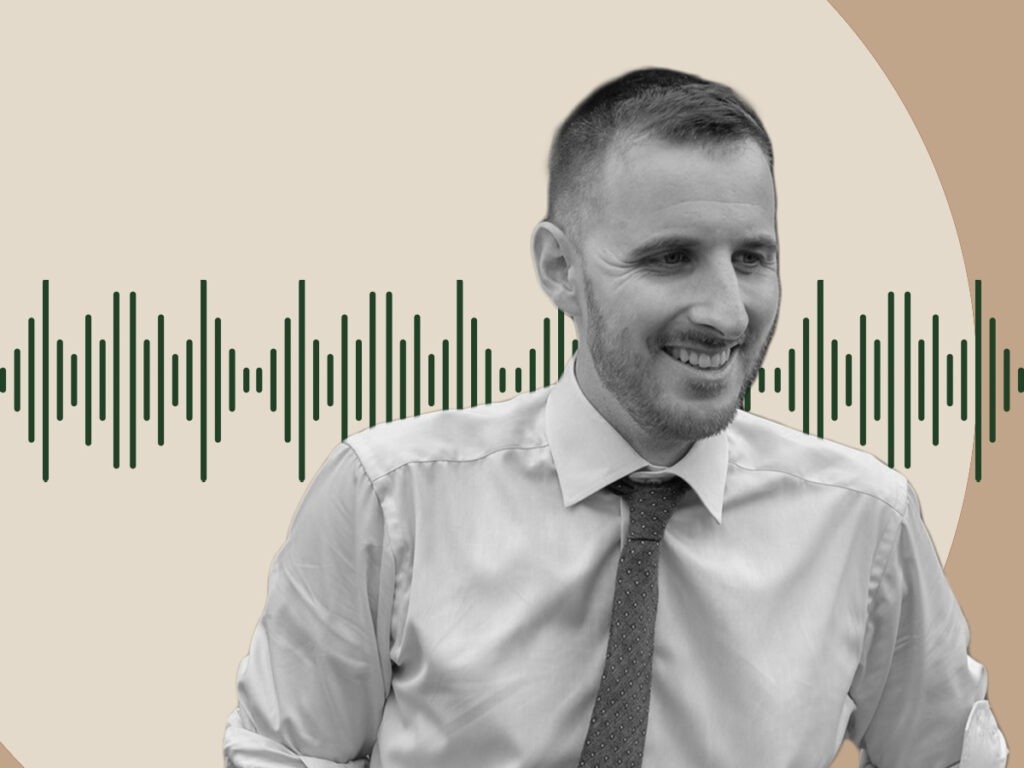
March 2, 2015; Portland Business Journal
One of the hottest rental markets in the U.S. is Portland, Oregon. While the city’s recent declaration of a “housing emergency” focused on homelessness and the displacement of low-income renters by rent increases, middle-income families have been priced out of homeownership. A recent article in Portland Business Journal, “Portland nonprofit takes on a different piece of affordable housing: ownership,” describes how Proud Ground uses government funding to make affordable homeownership a reality for moderate income households and guarantees that the homes will remain affordable for future owners.
Proud Ground’s prospective homeowners have a choice. They may purchase a home already in inventory or may find a house on their own. Proud Ground provides a wealth of homebuyer and financial planning counseling to participants. Then, Proud Ground uses a variety of government subsidies to size a mortgage to fit the income of the participating family. A typical Proud Ground buyer has an income of 60 to 80 percent of area median income (AMI), so that a house costing $280,000 in today’s hot housing market may need to be written down to a $100,000 mortgage in order to be affordable. Participating households pay a $500 down-payment and a mortgage that is scaled to their income.
Then, to assure that the property stays affordable, Proud Ground uses a Master Lease or a Restrictive Covenant that protects Proud Ground’s investment in the property. When owners sell their houses, they can expect to recover their down-payment, the amount paid on the principal of the mortgage, the value of any capital improvements, and about 25 percent of the increase in the market value of the property. Proud Ground retains the rest of the proceeds of the sale so that the next buyer can acquire the property for an “affordable” price. According to Diane Linn, “We see ourselves as stewards of the government subsidies.”
Sign up for our free newsletters
Subscribe to NPQ's newsletters to have our top stories delivered directly to your inbox.
By signing up, you agree to our privacy policy and terms of use, and to receive messages from NPQ and our partners.
The community land trust model used by Proud Ground provides a mechanism to take the speculative pressure out of the housing market, but their model is no “cookie cutter” program. Over sixteen years, Proud Ground has learned to use a variety of funding sources and acquisition models to serve over 300 families in the Greater Portland area. In addition to the financial benefits of home ownership, Proud Ground strongly promotes the intangible values of the American Dream associated with homeownership: stability, pride of ownership, community, and legacy. “Equity” is what 19th Century socialist Henry George called the “unearned increment” that comes with ownership. Though largely forgotten today, George’s 1879 treatise Progress and Poverty was a seminal work leading to the Progressive movement of the early 1900s. (Funny how the legacy of the Progressive Era keeps turning up when we talk about the reform efforts of the early 21st century. Both Progressivism and the current movements arose in reaction to periods of capitalistic excess.) Given the democratic socialist roots, it’s not surprising that Bernie Sanders, as mayor of Burlington, was a proponent of Community Land Trusts. There’s more on the contemporary Community Land Trust movement here.
Smithsonian Magazine offers a story about a contrasting development model that also involves “shared equity.” In Detroit, two social entrepreneurs are buying homes for rehab and giving the house-sellers a share in the developer’s equity fund. When the house is rehabbed and resold, the fund makes a profit and the share increases in value. Not exactly socialism, but less exploitative than simple “flipping.” Last year, NPQ described another “shared equity” program, this one for renters. “Nonprofit Housing Providers: Balancing the Landlord-Tenant Relationship” described a program where tenant participation in maintenance and governance of the property earned the tenants a share of the savings in operating costs. What all of these models suggest is a frustration with traditional private ownership and straight rental.
Thanks to Proud Ground Executive Director Diane Linn for providing additional information about the program.—Spencer Wells



